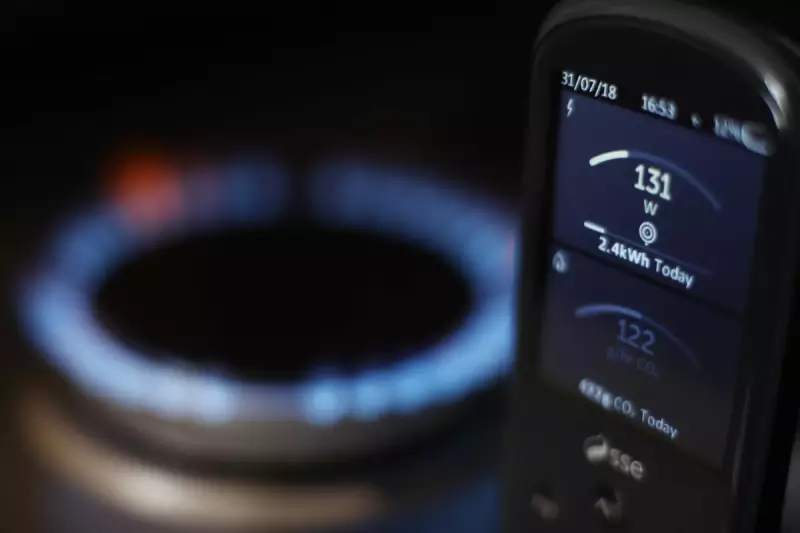
Millions of households across Great Britain are set to face higher energy costs from the start of the new year, after the regulator Ofgem confirmed an increase to its price cap. The change, effective from 1 January, will see a typical annual bill for a customer paying by direct debit rise by 0.2%, or £3, to a new total of £1,758.
Why Bills Are Rising When Wholesale Costs Are Falling
This adjustment comes at a curious time, as it defies the usual market logic. While the price cap is typically a direct reflection of wholesale energy costs, Ofgem stated that these prices are currently "stable" and have actually fallen by 4% over the last quarter. So why the increase?
The regulator has pointed to other factors driving the change. The rise is primarily attributed to government policy costs and supplier operating expenses. A key component is the new Nuclear Regulated Asset Base (RAB) levy, designed to fund future nuclear power stations like Sizewell C in Suffolk. This levy alone is expected to add around £1 per month to household bills.
Furthermore, standard charges set by suppliers have also increased to cover costs associated with the Government's Warm Home Discount scheme, which provides a £150 electricity bill discount to eligible vulnerable households.
Mounting Pressure for Government Intervention
This price cap announcement intensifies the focus on the Chancellor ahead of the autumn Budget on 26 November. Experts and industry leaders are now pressuring the government to deliver on cost-of-living support, especially for those most financially stretched.
Speculation is rife that the Chancellor may announce the removal of the 5% VAT on energy bills. According to analysts at Cornwall Insight, such a move could cut approximately £80 million from the nation's collective January bill.
Dhara Vyas, Chief Executive of Energy UK, expressed the industry's desire for action, suggesting the government could help by "removing some levies from electricity costs." This sentiment was echoed by Dame Clare Moriarty of Citizens Advice, who urged the government to "cut electricity bills by shifting some policy costs into general taxation," a measure that could save households hundreds of pounds.
Government Pledges and Political Criticism
The Labour government has reiterated its commitment to a key election promise: cutting energy bills by £300 a year by 2030. A Number 10 spokesman stated the government is "committed to delivering that cut" and highlighted the expanded Warm Home Discount scheme providing £150 off bills for millions this winter.
However, the political opposition has seized on the issue. Shadow energy secretary Claire Coutinho criticised Energy Secretary Ed Miliband, claiming that "independent experts, energy suppliers and academics say it’s the extra costs of Ed’s net zero targets that are putting upward pressure on bills," despite falling gas prices.
As households brace for another costly winter, all eyes are now on the Treasury to see what relief, if any, the upcoming Budget will bring.





